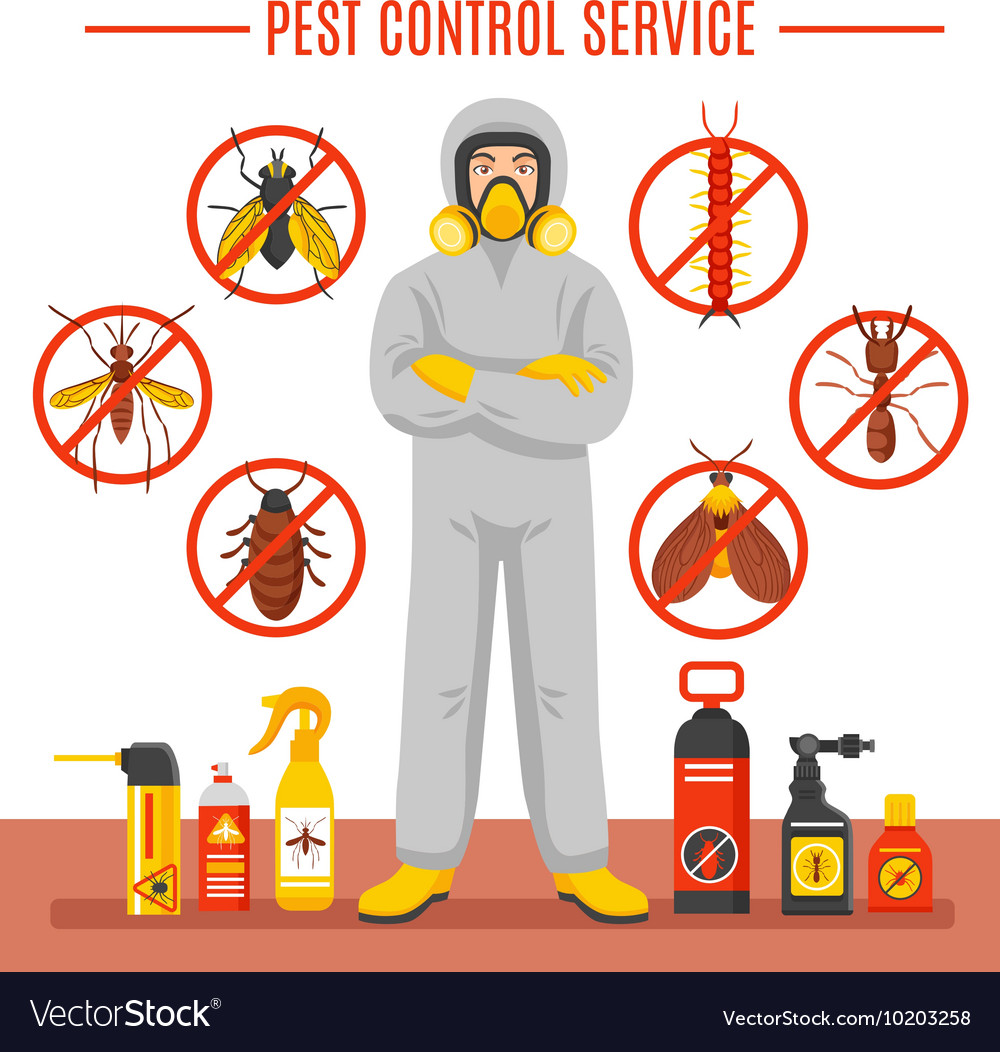
Is your house being invaded by pests? If you do, do not panic. You can get this problem under control if you just educate yourself. You may be able to perform it yourself. Use the advice below to help you get a handle on your pest issues.
Plug holes that pests, like mice, can enter using steel wool. This metal is too strong for their teeth. Any opening bigger than half an inch should be plugged. Rodents can slip through very small openings.
You can kill stinging insects around your home with hairspray. In addition to killing existing bugs, it also repels future ones.
If you need to make doubly sure that no termites remain in your home, use a termite-sniffing dog to check for the presence of termites. A person can only tell you what he sees. Not so with a dog! A well-trained dog will ascertain the safety of your entire home. The smell of methane gas is the actual byproduct of the termites eating your wood.
Anytime you put brushes around your home, ensure you put them a minimum of one foot away. Insects and other pests are naturally attracted to bushes. If you locate the brush right next to your house, the insects will inevitably find their way inside.
Mice will come into your trailer if you leave it in storage during the fall or winter. There are repellents that are natural and effective that keep these things away from your property. These repellents smell fine and don’t cause any harm, but will stop mice from venturing into your camper or RV.
Drains can be very attractive to various pests. Liquid pipe cleaner and snakes are effective at ridding your drain of pests, and should be used regularly. Items like debris may trigger mold and growth, which gives the pests a place to live.
Steel Wool
If you have mouse holes, put a piece of steel wool into the hole. When the mice nibble on the steel wool, they will die from eating it. Spackle your holes with wood putty mixed with small bits of steel wool to help keep rodents out.
You must know the haunts and habits of household pests to eradicate them effectively. Use the Internet to find out what the pest eats, where they like to live, how long their life cycle is and anything else you can learn. Once you put all of this knowledge together, you can create a plan to remove it from your home.
If you wish to keep away pests from the food you have, keep it stored properly. You should use glass or plastic containters with a lid. Do not store your food items in cardboard boxes because pests can easily enter into these.
Ask your neighbors to assist with pest eradication efforts. Urban dwellers are sure to share pest issues with those around them. They might come back if you are close to neighbors. Ask your neighbors about helping you all live pest-free lives.
When using any chemicals, especially pesticides, read the manufacturer’s instructions closely. While you might think using more product is a good idea, that’s not the case. In many cases, overusing pesticide won’t be any more effective and will also pose a health risk.
Diminish the clutter; diminish the bugs. Many surfaces in our homes, such as countertops, tables and bookshelves, tend to collect clutter. Invest some time in reducing the clutter in your home to eliminate places where rodents and bugs like to nest.
Solicit advice from neighbors. Perhaps your neighbor is also having a mouse problem. They might be able to offer you some advice for what did and did not work for them. You can let your neighbor know beforehand about any issues he may possibly have.
Make sure that you follow the different directions that your pesticides come with for safety. If you do not use them exactly as you are supposed to, you are not likely to get the results that you can out of them. If it is supposed to be applied once a day, avoid skipping a day. If the directions aren’t followed properly, it may not work.
Compost is often used in gardening. However, compost will attract bugs. If you continue to use compost, be sure to keep it away from your house, and do not allow your kids or pets to go near it. Keep it from plants as well, because the bugs that it attracts could begin eating your plants.
If pests continue to invade your home after you’ve gotten rid of them, then you need to consider just how they are entering your home. The items you buy at thrift stores could be carrying pests into your house. Inspect any new items before you bring them into your home.
Be sure the trap you use is sized right for the critter you hope to catch. When you use a large animal trap for a small animal, it will likely slip out. Most traps are triggered by the weight of the animal as they approach the bait. But, if it does not have sufficient weight, the pest will have a snack of it and suffer no harm.
No one wants any sort of pests hanging around their home. You are the powerful one in this situation; use that power. With the advice you have just been provided with, you should have no issues with getting rid of pests.